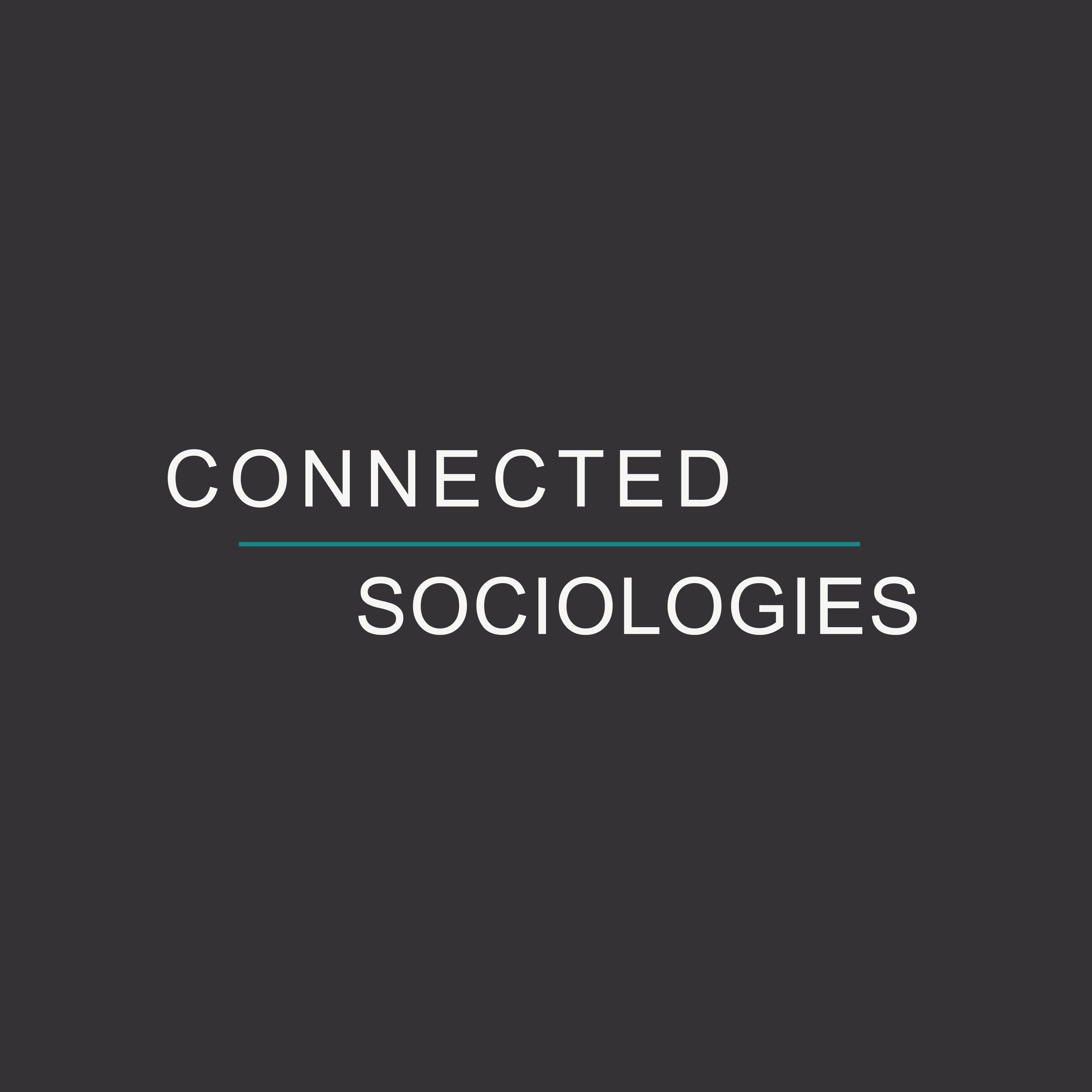
7.4K
Downloads
32
Episodes
Sociology is based on a conventional view of the emergence of modernity and the ‘rise of the West’. This privileges mainstream Euro-centred histories. Most sociological accounts of modernity, for example, neglect broader issues of colonialism and empire. They also fail to address the role of forced labour alongside free labour, issues of dispossession and settlement, and the classification of societies and peoples by their ‘stages of development’. The Connected Sociologies Curriculum Project responds to these challenges by providing resources for the reconstruction of the curriculum in the light of new connected histories and their associated connected sociologies. The project is designed to support the transformation of school, college, and university curricula through a critical engagement with the broader histories that have shaped modern societies.
Episodes

Friday Dec 11, 2020
Decolonisation - Dr Meera Sabaratnam
Friday Dec 11, 2020
Friday Dec 11, 2020
In the modern world, the main type of formal political organisation has gone from being ‘empires’ to ‘nation-states’. But how did this happen, what was left behind and what does it mean? More importantly, why do people still talk about decolonisation today? This session maps out how and where decolonisation unfolded with a particular emphasis on the twentieth century. It looks at the different ideas of liberation that underpinned it, how people organised themselves, how this was met by imperial powers and what the results were in different contexts. The session also examines why struggles for ‘decolonisation’ are ongoing and spreading to the former centres of empire. It concludes by thinking about the dynamics of decolonisation as a significant force shaping the modern world.
This lecture is part of the Connected Sociologies module on The Making of the Modern World: https://connectedsociologies.org/curriculum/mmw/
Reading
- Betts, R. F. (2012). Decolonization: A brief history of the word. In E. Bogaerts & R. Raben (Eds.), Beyond Empire and Nation (pp. 23–38). Brill.
- Duara, P. (Ed.). (2004). Decolonization: Perspectives from now and then. Routledge.
- Fanon, F. (1963). The Wretched of the Earth. Penguin.
- Jansen, J. C., & Osterhammel, J. (2019). Decolonization: A Short History (Reprint edition). Princeton University Press. Introduction
- Sabaratnam, M. (2011). IR in Dialogue … but Can We Change the Subjects? A Typology of Decolonising Strategies for the Study of World Politics. Millennium - Journal of International Studies, 39(3), 781–803.
Resources
- CrashCourse. (2012, October 26). Decolonization and Nationalism Triumphant: Crash Course World History #40. [TW: contains descriptions of violence].
- CrashCourse. (2020, May 19). Decolonization: Crash Course European History #43. [TW: contains descriptions of violence].
- Global Social Theory: Frantz Fanon.
Questions for Discussion
- Why did decolonisation accelerate in the twentieth century?
- Did decolonisation simply expand the numbers of states in the international system, or did it transform that system itself?
- Can decolonisation ever be a finished process?

No comments yet. Be the first to say something!